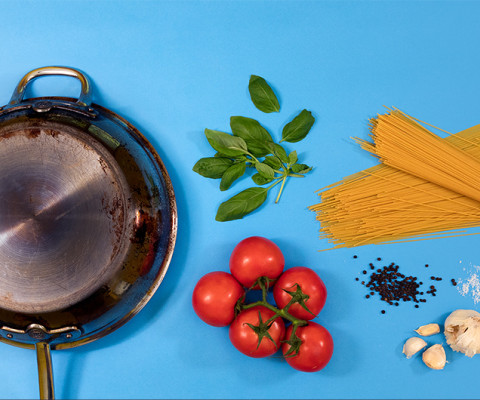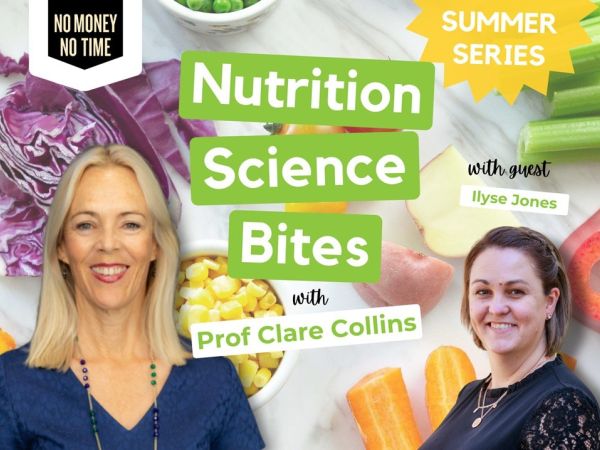
Nutrition Science Bites - Conversations
Welcome to Nutrition Science Bites Conversations - where your host, Professor Clare Collins, AO, sits down with Ilyse Jones to discuss the latest health trends and controversial nutrition topics. In these episodes Clare and Ilyse break down the latest in nutrition science into simple, relatable advice that you can use every day.
Clare's expertise in nutrition research and science communication makes her the perfect dietitian to translate cutting-edge nutrition science into plain language, as well as what to eat and drink (and what to add to your supermarket trolley). The driver behind the website, No Money No Time, and author for 'The Conversation', Prof Clare's practical and informed nutrition advice rises above noisy fads to bring common sense to the important question - What’s for dinner?
Hosted on Acast. See https://acast.com/privacy for more information.
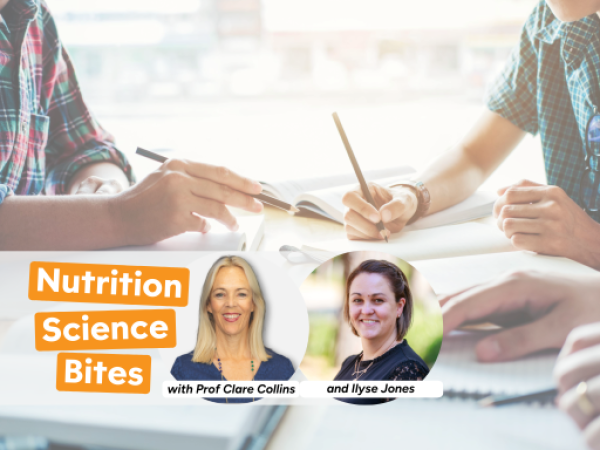
Can Food and Nutrition help with Exam performance? #SpoilerAlert YES with Ilyse Jones
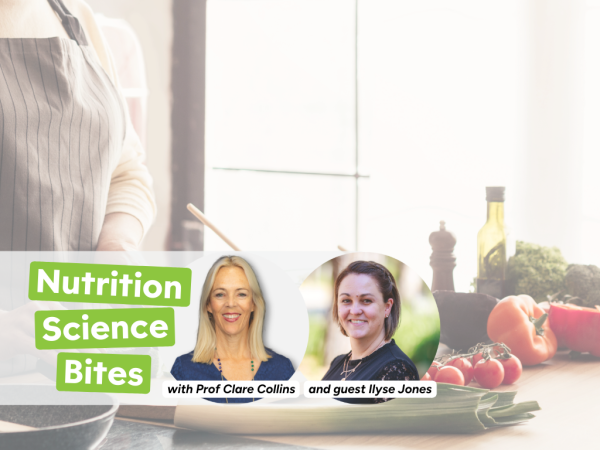
Can what you eat help slow the aging process? with Ilyse Jones
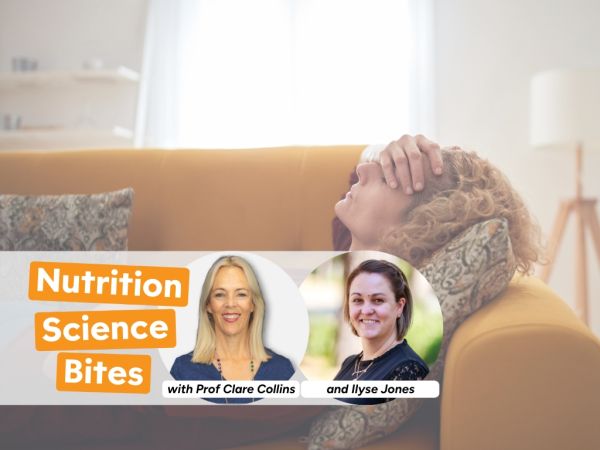
Are headaches and migraine affected by food? with Ilyse Jones
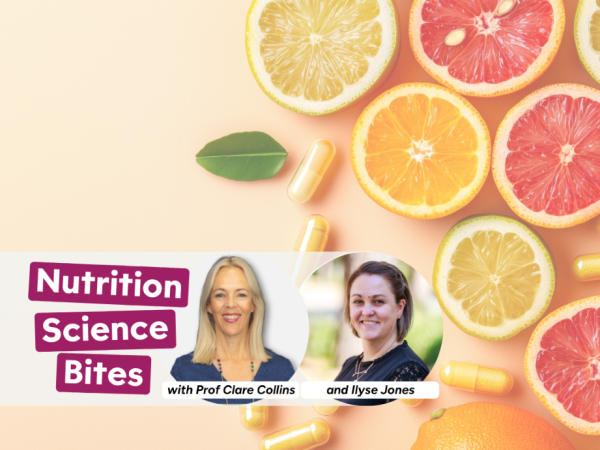
Should you take vitamin C or other supplements for a common cold? ...with Ilyse Jones
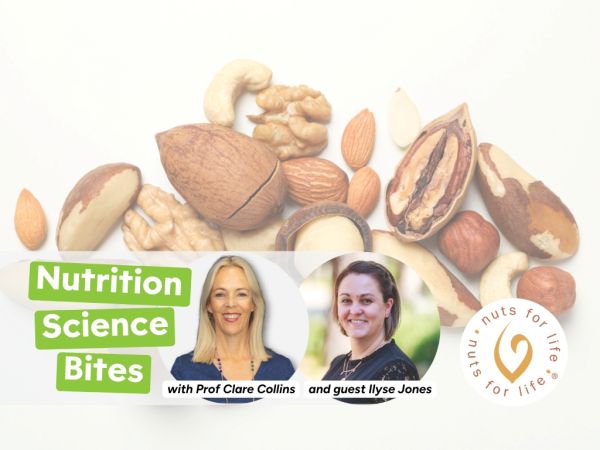
Are nuts good for you? ...with Ilyse Jones
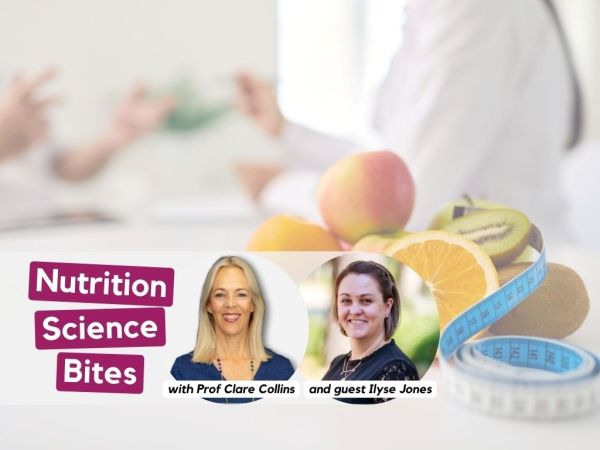
4 diet energy intake targets (zero, reduced, low, very low)! What they mean... and why they matter!
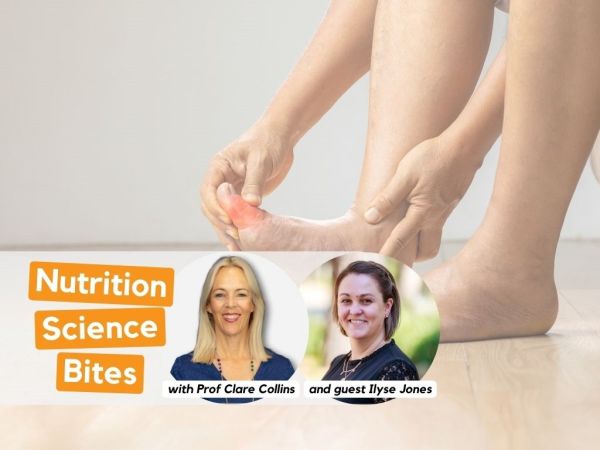
Got gout? Here's what to eat and avoid!
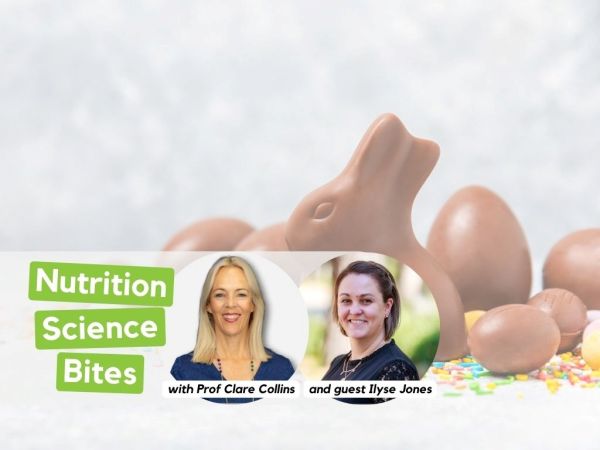
Chocolate - the good, the better and the yum!
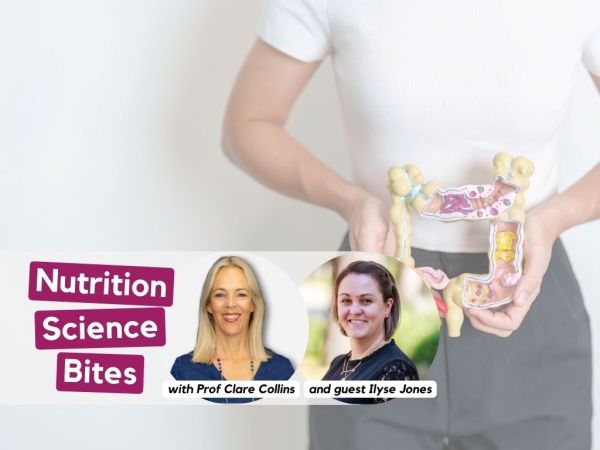
Diverticulitis - What is it and what to eat to beat or treat it!
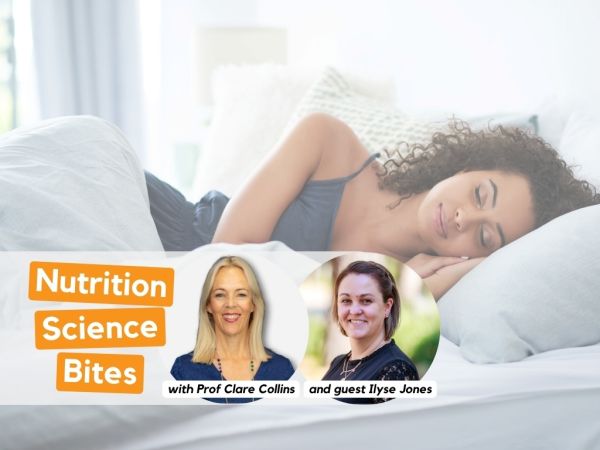
Diet and sleep! It's no joke - What you eat and drink matters!
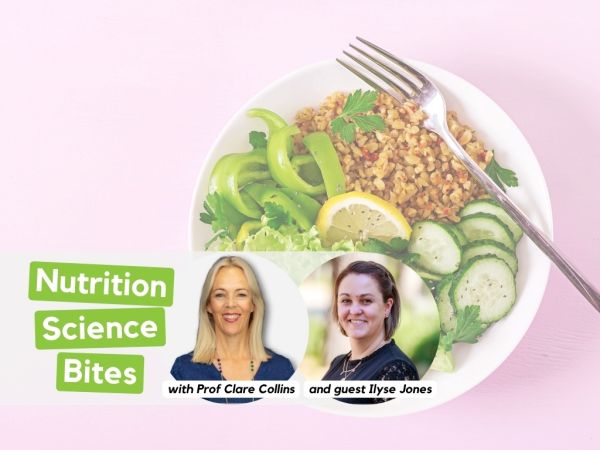
Thinking of becoming Vegetarian or Vegan? Try Flexitarian instead!
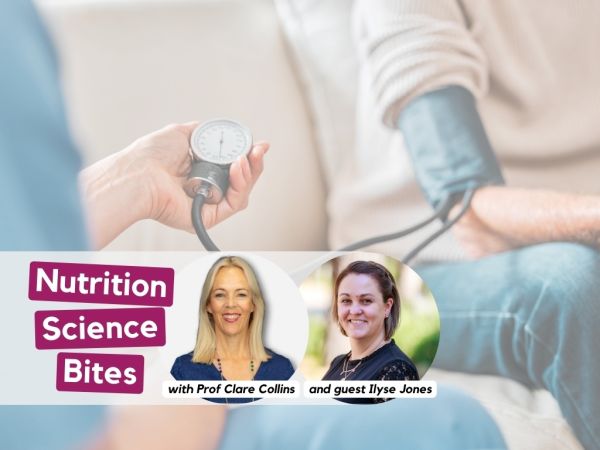
What to eat and avoid if you've got high blood pressure!
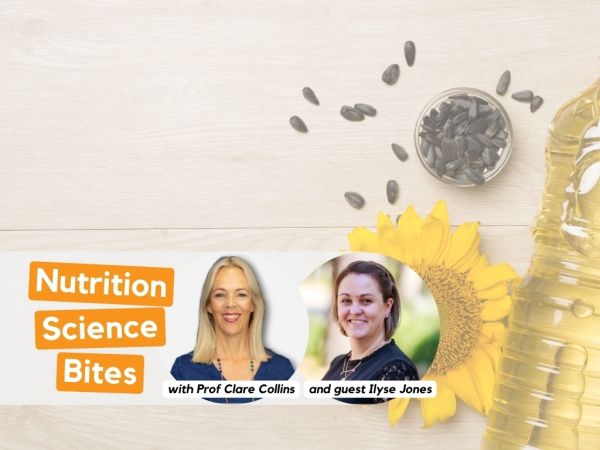
Should you consume Seed Oils?
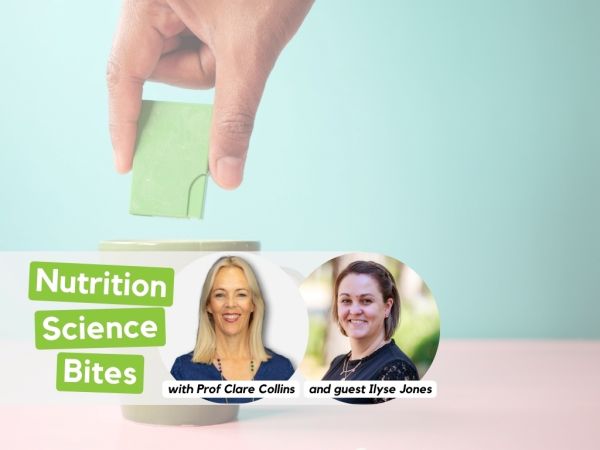
Do artificial sweeteners help you quit sugar?
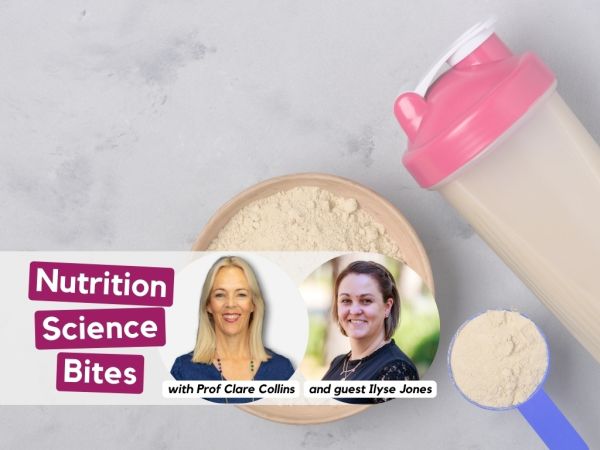
Do you really need protein powders?
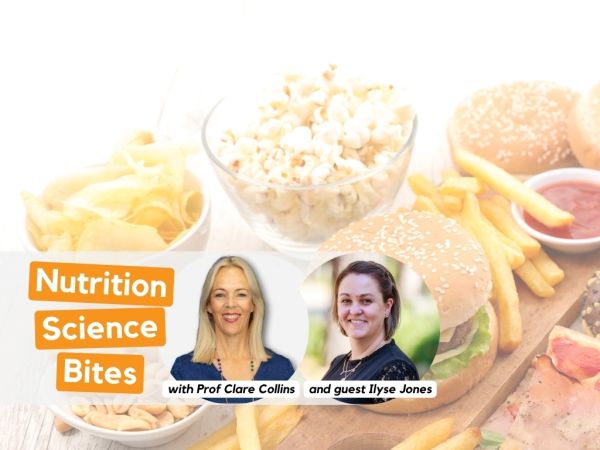
What are ultra-processed foods? Should you eat or avoid them?
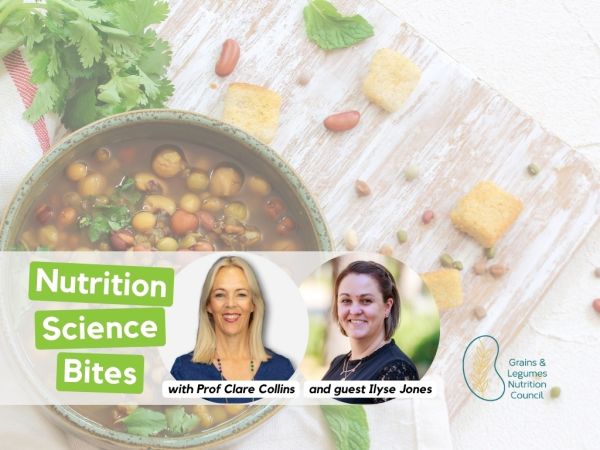
What's the difference between legumes, pulses and beans? And why it's worth eating more!

Do detox and diet cleanses work?
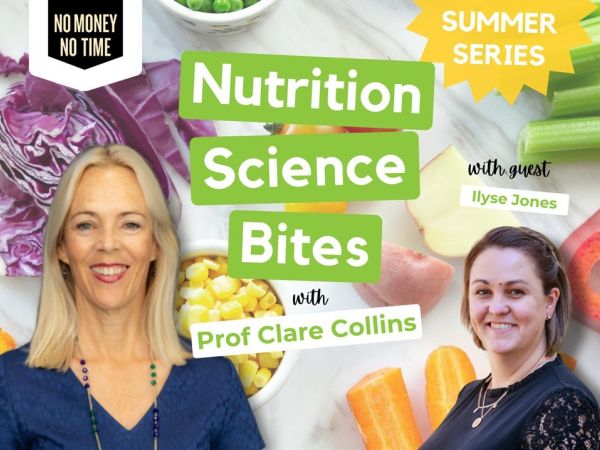
Nutrition Science Bites (Summer Series) with Prof Clare Collins and Ilyse Jones - Why having another cup of coffee could be good for you!
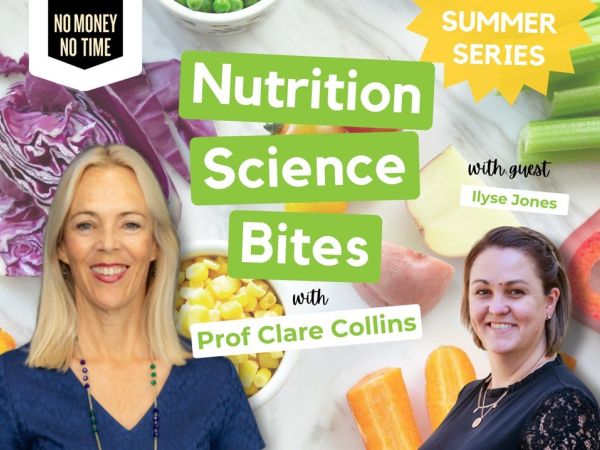
Nutrition Science Bites (Summer Series) with Prof Clare Collins and Ilyse Jones - Could you have Vitamin B6 overload? What are the signs and symptoms?
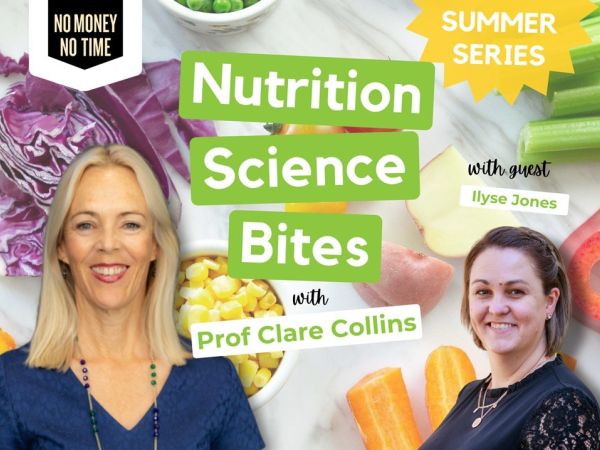
Nutrition Science Bites (Summer Series) with Prof Clare Collins and Ilyse Jones - What to eat and avoid if you've got (or had) gallstones!
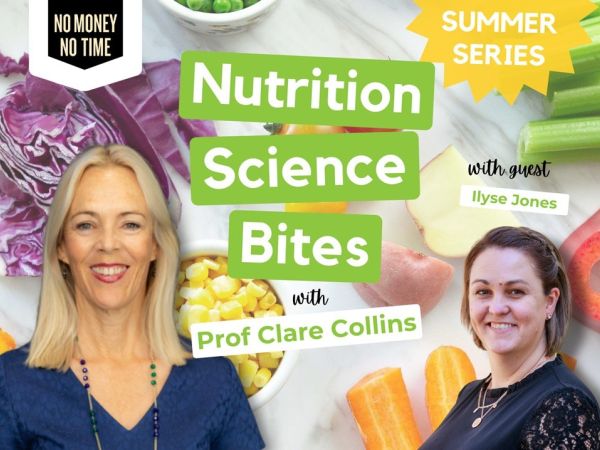
Nutrition Science Bites (Summer Series) with Prof Clare Collins and Ilyse Jones - What does having a 'balanced diet' actually mean?
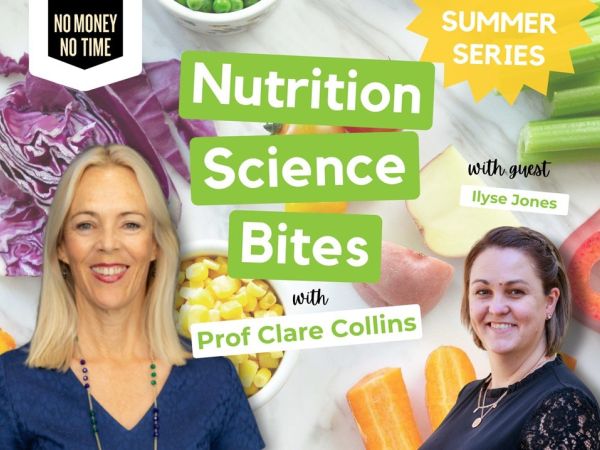
Nutrition Science Bites (Summer Series) with Prof Clare Collins and Ilyse Jones - Is "Food Noise' wrecking your New Year resolutions?
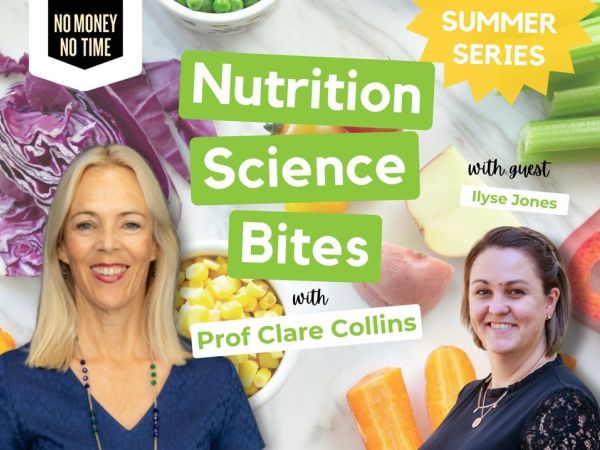
Nutrition Science Bites (Summer Series) with Prof Clare Collins and Ilyse Jones - What happens when you hold in a fart?
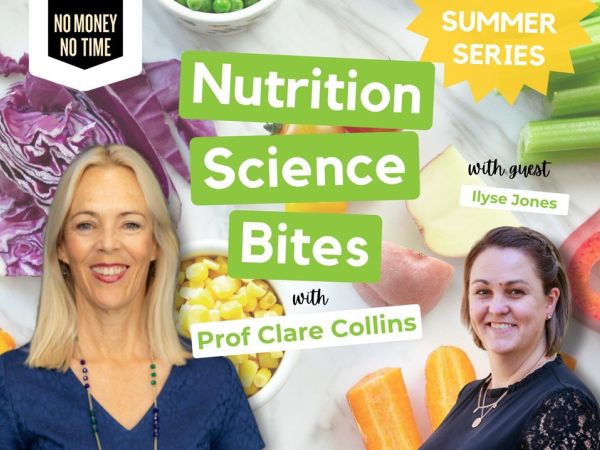
Nutrition Science Bites (Summer Series) with Prof Clare Collins and Ilyse Jones - Happy Christmas: A guide to Christmas meal prep and some last minute gift ideas!

No Money No Time has been developed by Nutrition, Dietetic and Computing researchers at the University of Newcastle and funded by nib foundation’s Multi-Year Partnerships program. Learn more.
